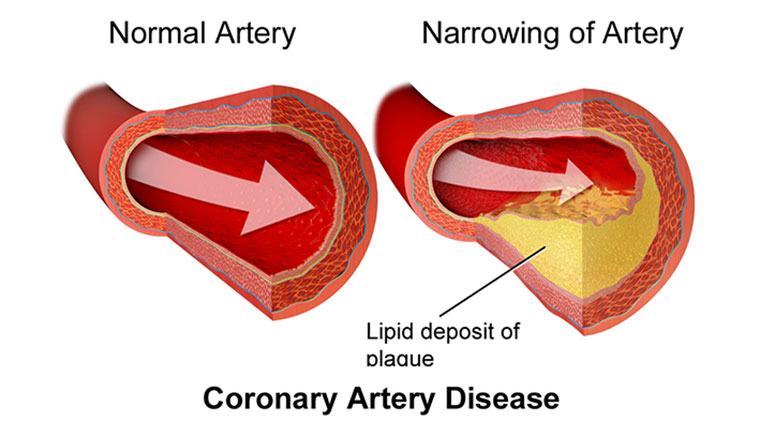The heart is the most important organ in the body and just like other muscles, it requires adequate blood supply to and from the organ. Healthy circulation allows provides the heart with oxygen for it to contract and pump blood to other parts of the body.
Heart diseases refer to various conditions [1] that can affect proper cardiovascular function. They include:
Coronary artery disease

Coronary heart disease, also known as atherosclerotic is when one or more of the coronary arteries become narrow. This reduces blood supply to the heart, especially during high-intensity activities like workouts. The narrowing of the coronary arteries causes heartache and may worsen to trigger other symptoms. Common symptoms of this disease include chest pain, pressure in the chest area, and shortness of breath.
Valvular heart disease
Valvular heart disease is when the four heart valves [2] are damaged. The valves ensure one-way blood flow through the heart and prevent leakage. This disease alters the proper functioning of the valves, which can lead to too much or too little blood supply. VHD can cause backward leakage.













